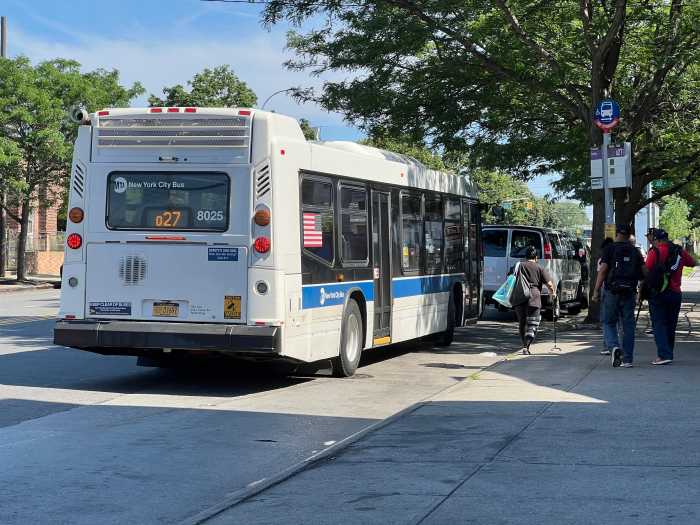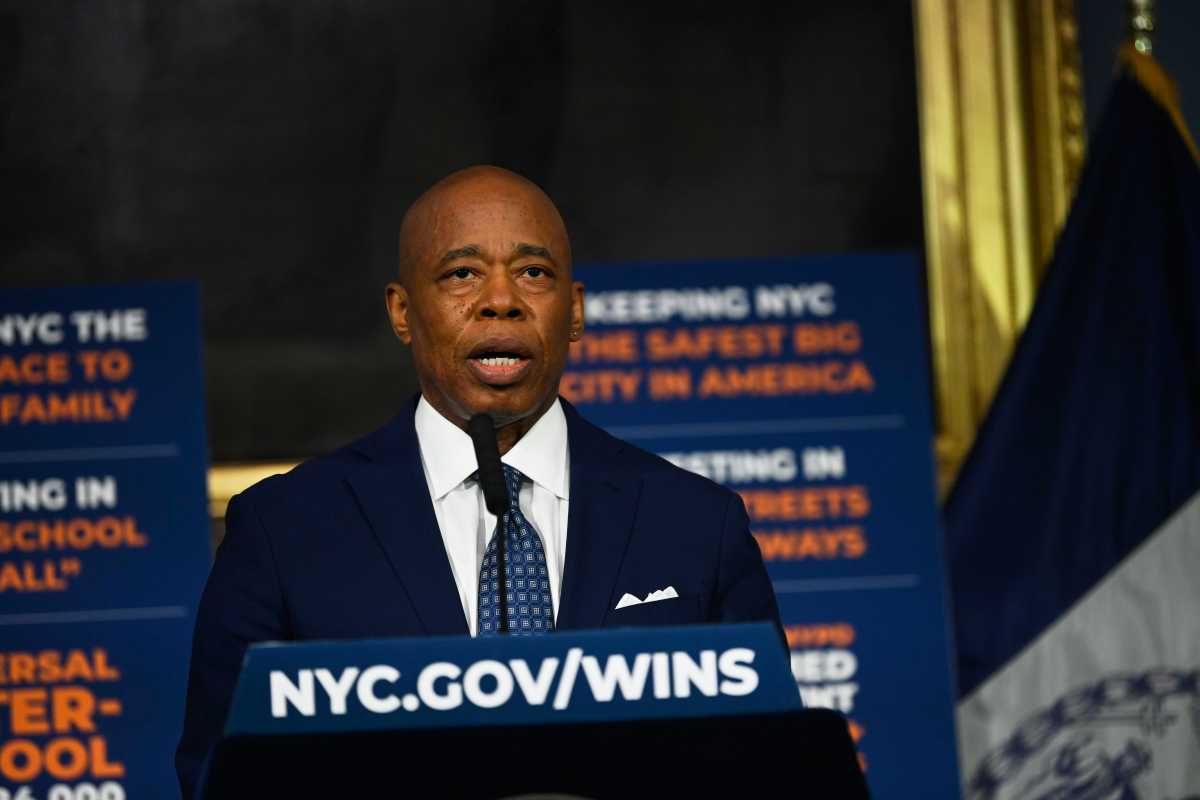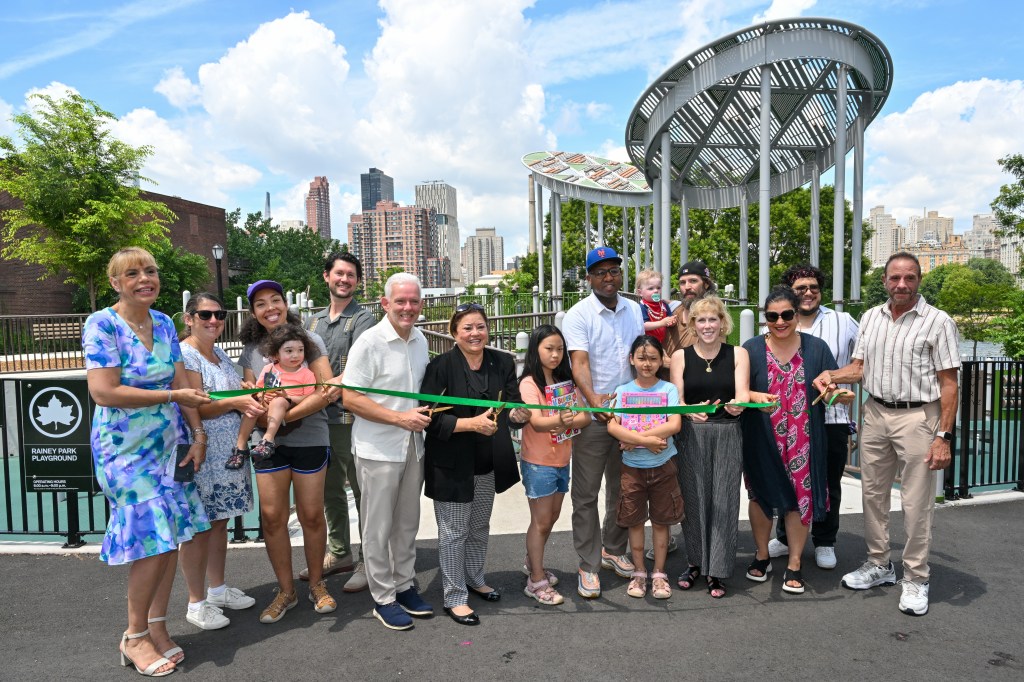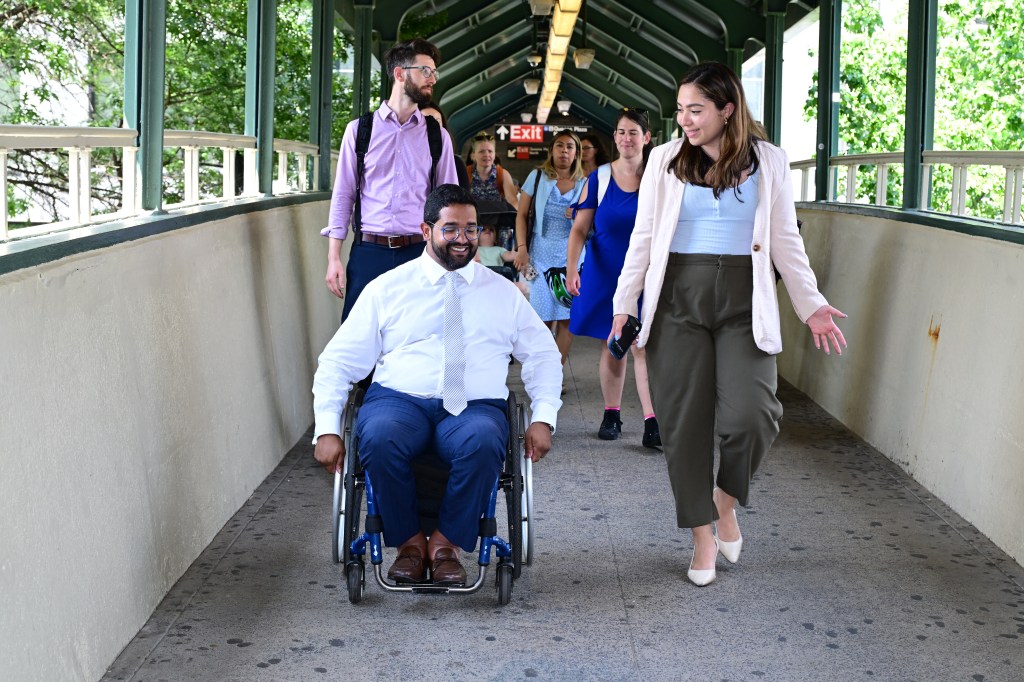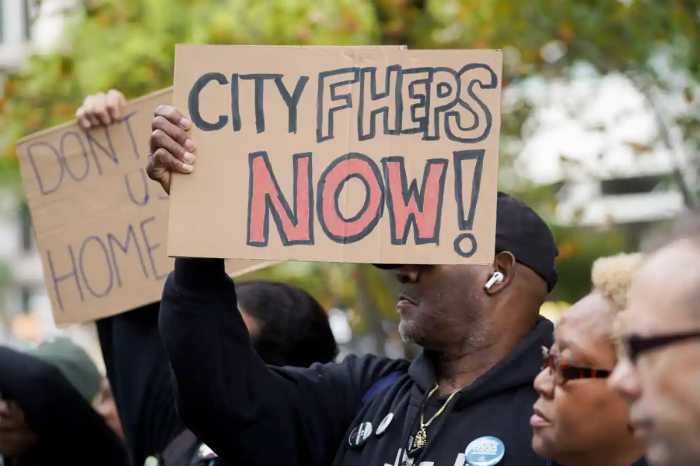By Bob Friedrich
When I ran for the New York City Council in 2015, the leaders of the Queens Village Civic Association (Nagassar “Ram” Ramgarib and Mohamood “Mo” Ishmael) and I initiated a months-long community-driven battle against a program conceived by Albany politicians to open a neighborhood prison on a Queens Village residential street. We organized weekend protests at the site that garnered more protesters and greater press coverage week after week. After a couple of months as the protests grew, elected officials took notice and joined in.
The “Close to Home Initiative” was designed to relocate imprisoned juvenile delinquents from upstate jails into residential New York City communities. Engineered in Albany for implementation by New York City’s Administration for Children’s Services, “Close to Home” prison relocations are an ill-conceived and harmful neighborhood intervention. The scheme was incubated without community knowledge or input, and residents were kept in the dark. Even worse, the program was weeks away from moving inmates into the residential facility when we discovered it and alerted the local population and public officials.
The genesis of the neighborhood prison scheme was an under-the-radar piece of legislation quietly enacted a few years earlier in Albany to study prison populations. It is said that the road to hell is paved with good intentions, and the well‑meaning legislation in this case is no exception. Albany legislators felt that it would be compassionate to house prisoners closer to their own families so their relatives would not have to travel long distances to upstate prison facilities where these individuals were incarcerated. Unfortunately, legislators gave little thought to the families living in communities where these inmates, including violent offenders, were to be moved. ACS, which was slated to operate the Queens Village neighborhood prison had a track record of incompetence and at least one in four inmates held at their other facilities were AWOL at any given time. The ACS managed a Close to Home facility in Park Slope, Brooklyn, from which three teenage residents escaped undetected in June 2015, going to Manhattan overnight, and allegedly beating and raping a woman in Chinatown.
Fast forward to today, when we find Council Speaker Melissa Mark-Viverito and other council members actively considering proposals to close down Rikers Island, the prison situated between Queens and the Bronx, and home to more than 10,000 prisoners. This proposal seems to be gaining traction among progressive City Council members. Sure, there is no disagreement that Rikers has serious problems, but the answer is to fix it, not close it. There are obviously endemic, intractable problems at Rikers. Last summer, a lawsuit resulted in a settlement that will move teenage inmates into our communities. According to the New York Observer, as part of the settlement, “The city will have to ‘make best efforts’ to find somewhere to house inmates under 18. The site would have to be accessible by public transit and be able to allow for direct supervision.” Will that supervision come from ACS, or some other agency with little oversight?
The proponents of closing Rikers tell us that dispersing the prison population into smaller prisons throughout the city is more compassionate. Perhaps for the prisoners—but certainly not for neighborhoods in the crosshairs of site-location discussions. Despite assurances otherwise, our communities will have no control or veto power over site locations. Sure, there will be public hearings, but they will be nothing more than a “dog and pony show” to allow program administrators to assert that discussions did take place with the community.
Now is the time to alert your elected officials if you want them to protect our safety and security by stopping implementation of this prison initiative. City Council members appear to view neighborhood prisons as a viable option so long as they are in someone else’s neighborhood. The City Council should more seriously analyze the real-life consequences of their actions rather than trying to force us to be pawns in their grand social experiments.

